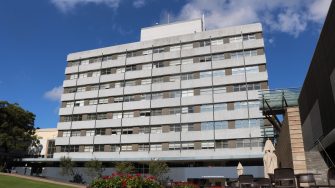School of Civil & Environmental Engineering’s seven successful ARC Discovery Project 2024 grants announced
Twelve staff are involved in projects ranging across the School’s areas of deep expertise, in computational mechanics, environmental, structural, transport and water engineering. The grants are to the value of $3.3M.

